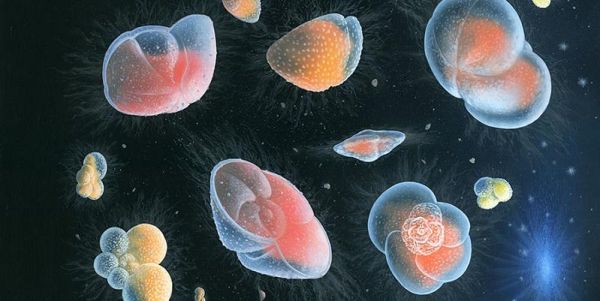
Fossil study reveals origins of biodiversity gradient
Researchers have used nearly half a million fossils to solve a scientific mystery - why the number of different species is greatest near the equator and decreases towards polar regions.

Researchers have used nearly half a million fossils to solve a scientific mystery - why the number of different species is greatest near the equator and decreases towards polar regions.

The UK’s laundry releases microfibres weighing the equivalent of up to 1,500 double-decker buses every year, according to new research.

A major analysis of the carbon footprint of universities and FE colleges has revealed for the first time the source and scale of their emissions.
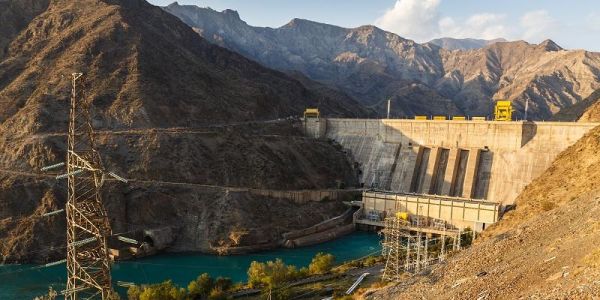
Scientists have analysed data from nearly three million rivers across the globe to identify where hydropower stations could be sited with limited environmental impacts.
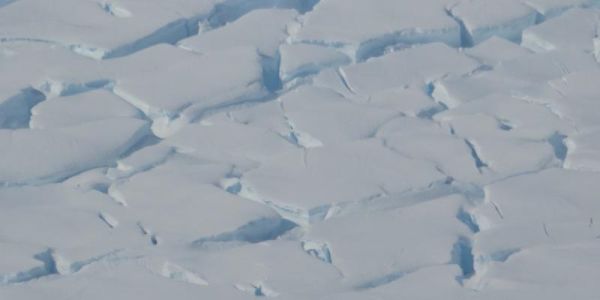
Scientists have developed AI to track the development of crevasses - or fractures - on the Thwaites Glacier ice tongue in west Antarctica.
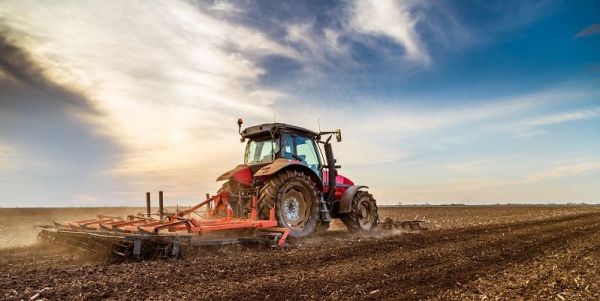
Phosphorus use in the UK needs to be better managed and used in a much more sustainable way to reduce river pollution and increase resilience over rising fertiliser prices, say researchers.
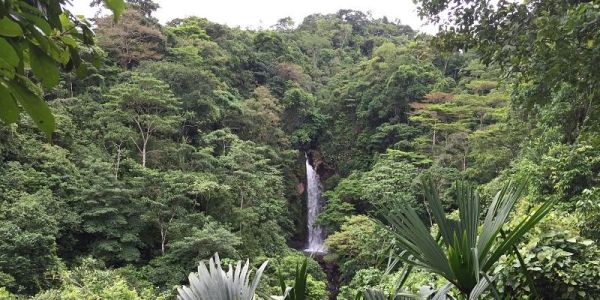
Reforestation projects could be made more effective with the findings of new research into the constraints on nitrogen fixation among plants.
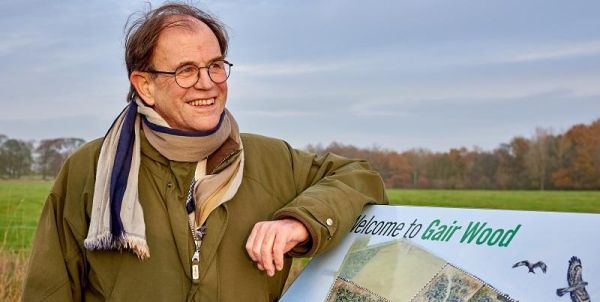
Planting for a new woodland has begun on land owned by the University of Leeds on the northern edge of the city.

Allowing cycling in both directions on one-way streets does not pose a safety risk and should be made mandatory in all but exceptional cases, according to a new study by Leeds researchers.
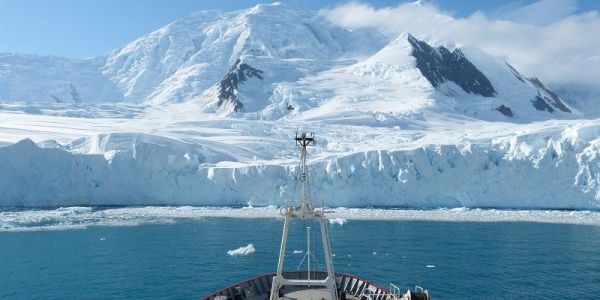
Scientists lucky enough to be in the “right place at the right time” witnessed a giant lump of ice breaking away from the William Glacier in Antarctica, a process known as calving.